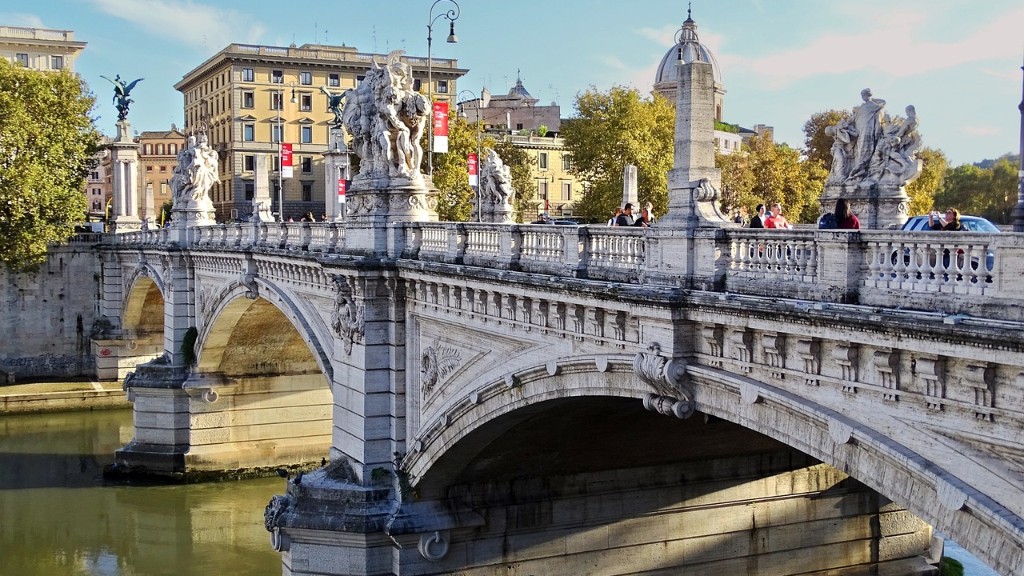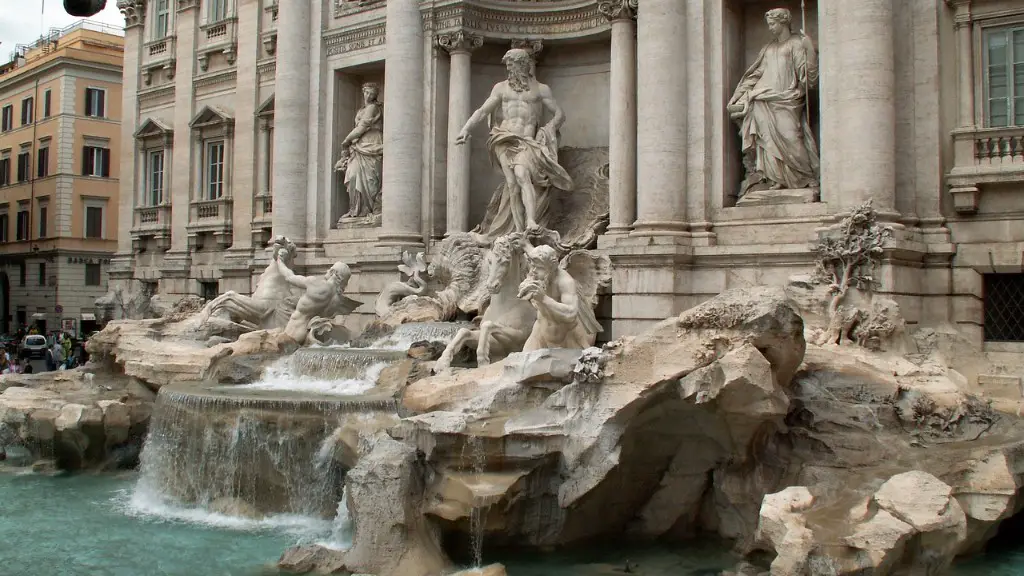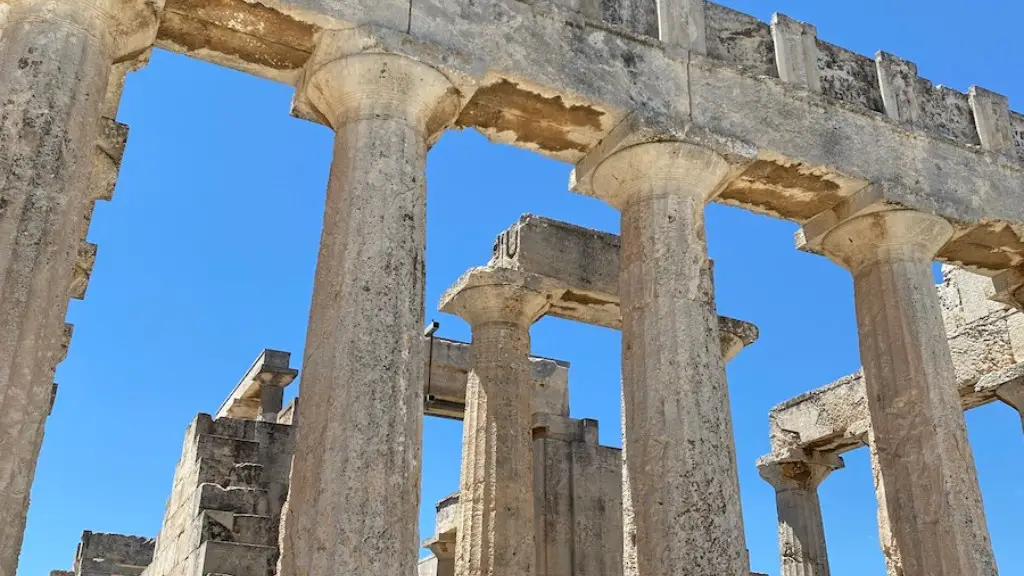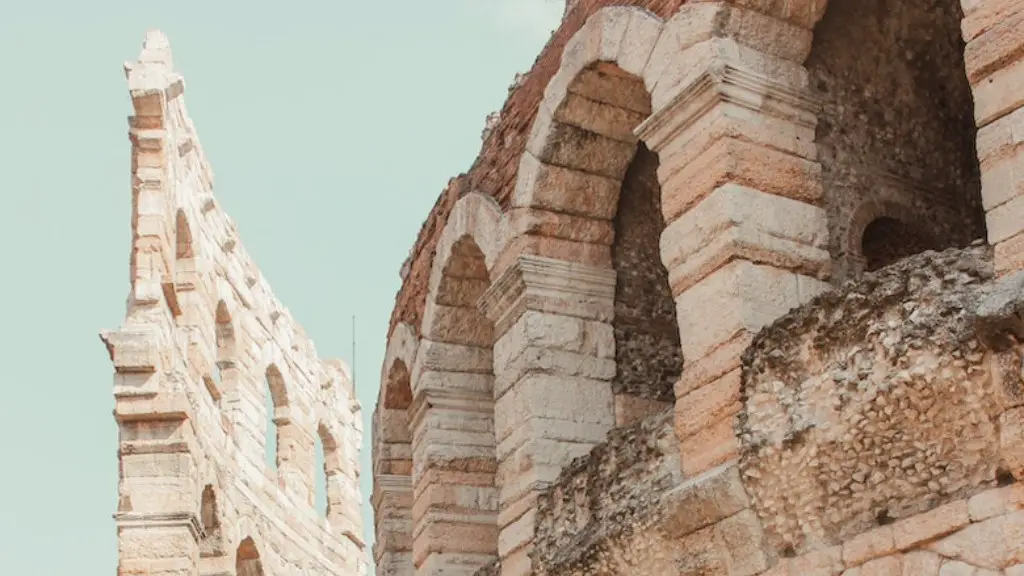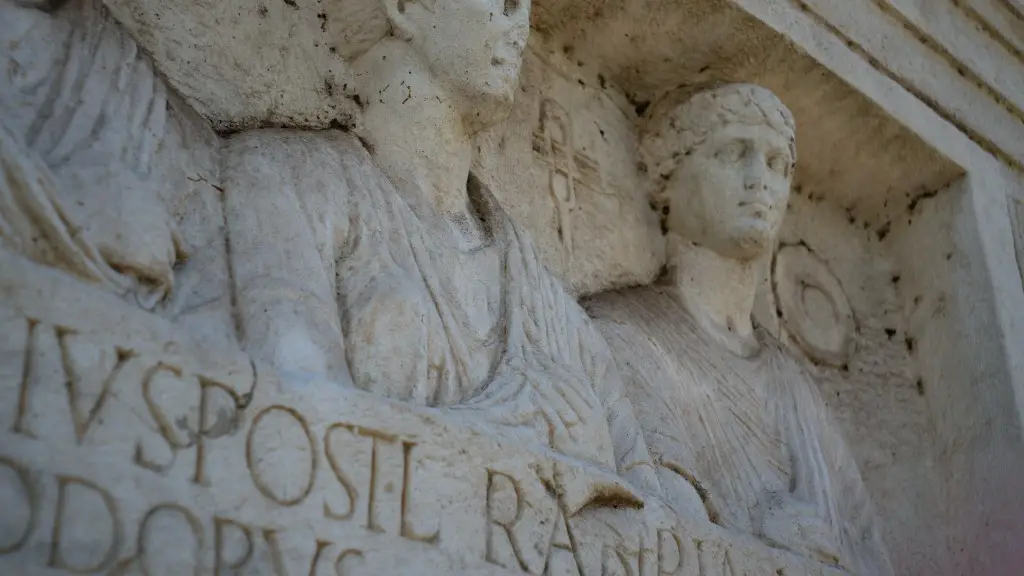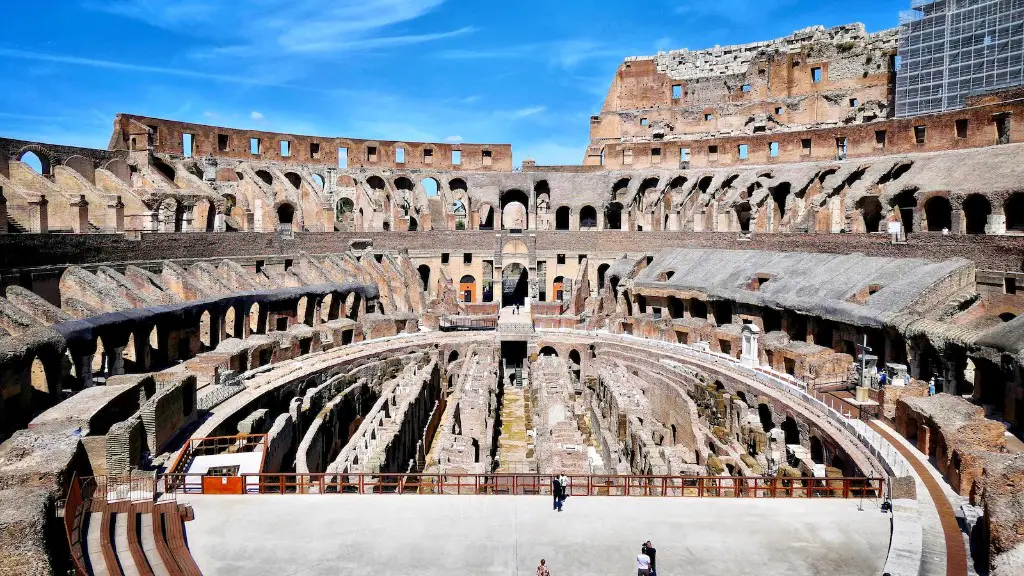Ancient Rome is one of the most powerful empires in history, and it has been etched into the minds of people around the world to this day, even though it was over 2000 years ago. Rome was a great symbol of power and wealth that inspired many nations for centuries. It was also one of the wealthiest, most advanced and powerful civilisations of their age. One of the most remarkable feats of the Romans, however, was turning themselves into heroes.
The ancient Roman heroes were commanding figures, both political and military. They were strong-willed, ambitious, and capable of inspiring their followers with their courage, loyalty, and determination. They were also master strategists, making quick and astute decisions, and showing great resolve in difficult situations. The most famous ancient Roman hero was Julius Caesar, a statesman, military general, and dictator who solidified Rome’s place in the world. He was renowned for his ruthlessness and ambition and his creation of great works of public art.
Moreover, the ancient Romans were also highly religious, portrayed as gods and goddesses in great works of art. These deities were seen as patrons of Rome, giving the people strength, courage and protection. This veneration of their gods and goddesses brought the people of Rome together and helped them maintain their cohesiveness and strength in difficult times. This faith in their gods and goddesses, as well as their military prowess, helped make the Romans heroic figures in their society.
Furthermore, the Roman belief in virtue, stoicism and the idea of honour were fundamental values of their culture. They believed that an act of valour should be seen as a heroic characteristic. An act of self-sacrifice and heroism in battle was seen as the ultimate form of honour. This motivated the people of Rome to go out of their way to protect their community, even facing great danger.
The courage and strength of the ancient Romans was admired and emulated by many nations and future generations of great heroes. Its impact can still be seen today in the way public figures are admired and respected. The ancient Romans were an example of greatness and courage and their feats will be remembered forever.
Roman Advancement
The Roman Empire was known as a powerhouse of progress and development, conquering and rising above every obstacle they faced while expanding their frontier. This was done through strong civil engineering, completing massive feats such as aqueducts, navigation and navigation canals, new roads’ and bridges.
Among the most famous Empire advancements were their advancements in the arts, literature, medicine and architecture. Ancient Rome developed their own language, Latin, which served as their commonly spoken language and was a big part of their culture.
They also advanced in a wide range of engineering techniques, tools, and practices, and constructed magnificent, intricate temples and huge amphitheatres all over the Empire. In addition, ancient Rome also developed their own legal system, putting government on a firm, organized basis. Laws and codes, kept in constant revisions and additions, were important for maintaining order and justice.
Most importantly, the ancient Rome was a major cultural influence during the Classical period. Even though it eventually fell and became absorbed by other cultures, its influence lived on in the many countries that were influenced by it.
The Roman Senate and Constitution
The Roman Senate was the core element of the Roman Republic, created by the original peninsula of early civilization. The Senate would be the main source of legislation for the entire Roman Empire, carrying out executive and judicial functions along with the government. It was composed of wealthy patricians and plebeians, who were all tasked with providing legislation and formulating strategies for the Empire and its citizens.
The Roman constitution was based on a law called the Twelve Tables, which established a framework of rights and liberties that all citizens had to abide by. This guaranteed free speech, a right to privacy and fair trial, and equal treatment before the law. It also set the standard for public office and established a senate and assembly system that allowed any citizen to hold public office. This system evolved over time to include representatives from different social classes, which increased the Empire’s diversity.
The Roman Senate ensured the Roman Republic was able to uphold many of its core values such as justice and equality for all citizens regardless of their social class or wealth. It was also a strong example of how a legislature could function and respond to its citizens’ needs for centuries before the modern democracies were formed.
The Roman Army
The Roman army was an extremely powerful and successful fighting force that played a significant role in the development and effectiveness of the Roman Empire. It was composed of disciplined, heavily armed and highly organized legionaries, who adopted a very successful tactic of overwhelming their opponents with sheer numbers.
The Roman military was organized around five main branches of service: cavalry, infantry, navy, engineering and logistics. Each force was trained and equipped according to specific roles and assignments. The troops were well-disciplined, well-trained and highly mobile, allowing the Roman Empire to quickly move its troops around the globe in order to crush their enemies.
The Roman navy was also a key aspect of their military success. It enabled them to transport large numbers of troops from one location to another, expand their territory, and protect their interests at sea. It also enabled them to conquer distant lands and secure new resources for their empire. The Roman navy was known for its speed, maneuverability and its ability to operate well in rough seas.
The immense feat of the Roman army allowed them to create one of the greatest empires in the world. It helped them to secure fantastic victories and spread their influence to the farthest corners of the globe. It also enabled them to secure the Empire’s status as the superpower of its age and the heroes of their own people.
Roman Expansion
The Roman Empire took advantage of their advanced military forces and infiltrated other lands to expand their rule. Through their strong military presence, they were able to expand their territory and bring numerous lands under their governance. Their ability to adjust their tactics to the changing needs of their military campaigns is still seen as remarkable today.
The Roman’s prowess in battle allowed them to easily conquer their enemies, but they were also skilled in diplomatic measures. They used a combination of diplomacy and bribery to secure peace with their neighbours and were able to maintain advantageous treaties with them for many years. This helped prevent unnecessary conflicts and allowed them to further extend their borders.
This expansion of territory also allowed the Romans to bring new resources and goods to their people. This allowed them to create new markets and establish trading routes and economic ties that would contribute to the prosperity of Rome. This expansion was essential for Rome to maintain its status as a global superpower.
As Rome continued to conquer more lands, it attracted many people from foreign lands who came to experience its gifts and values. This led to a great diversity within the Roman Empire and provided a haven for people of all social classes. It was this promise of freedom, diversity and opportunity that deeply influenced the attitudes of the people, turning Rome into a cosmopolitan society.
The Impact of Ancient Rome
The legacy of ancient Rome is truly remarkable; it provided an example of how to build an empire, how to maintain its power, and how to create a law that respected the rights and freedoms of its citizens. Many of their core institution and government still influence our lives today.
For example, the Senate’s legacy is still visible in many governments to this day. Their legal system was so advanced that it formed the basis of many modern-day laws, and their system of roads and bridges are still used today in many parts of the world.
Ancient Rome was also a major cultural force and even though it was long conquered by other empires, its ideas and values remain influential even today. Italian culture, Renaissance art and literature, and religious practices all have strong Roman origins.
The Romans were remarkable in their ability to create lasting contributions to humanity, even after their empire collapsed. Their heroism and courage were inspirational to all and will remain so for generations to come.
